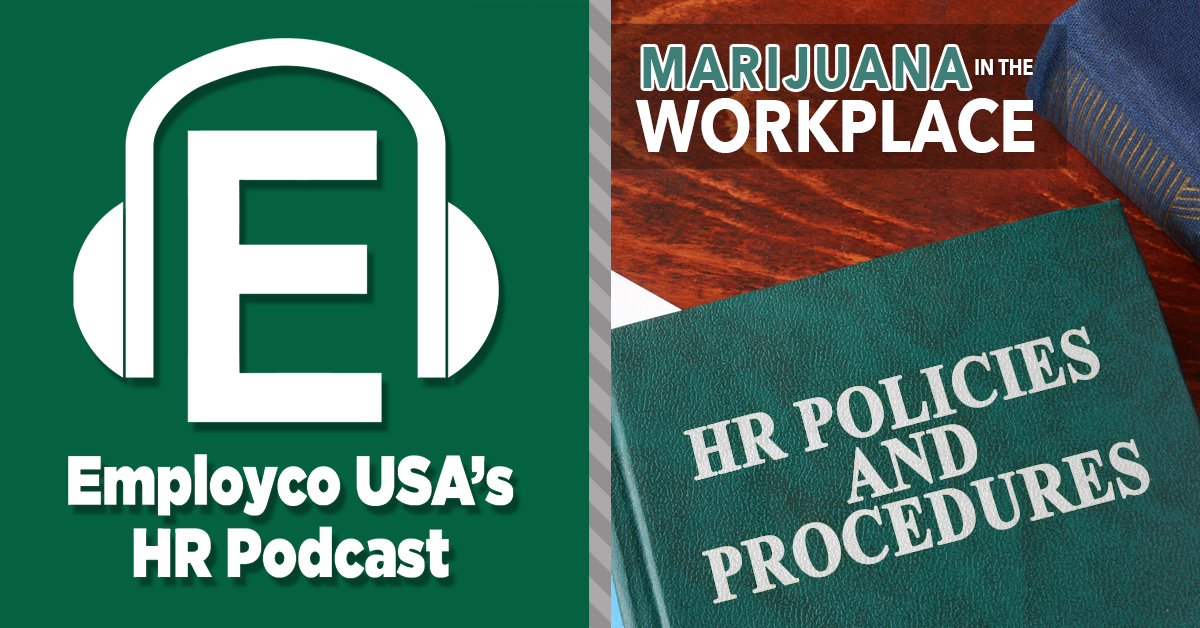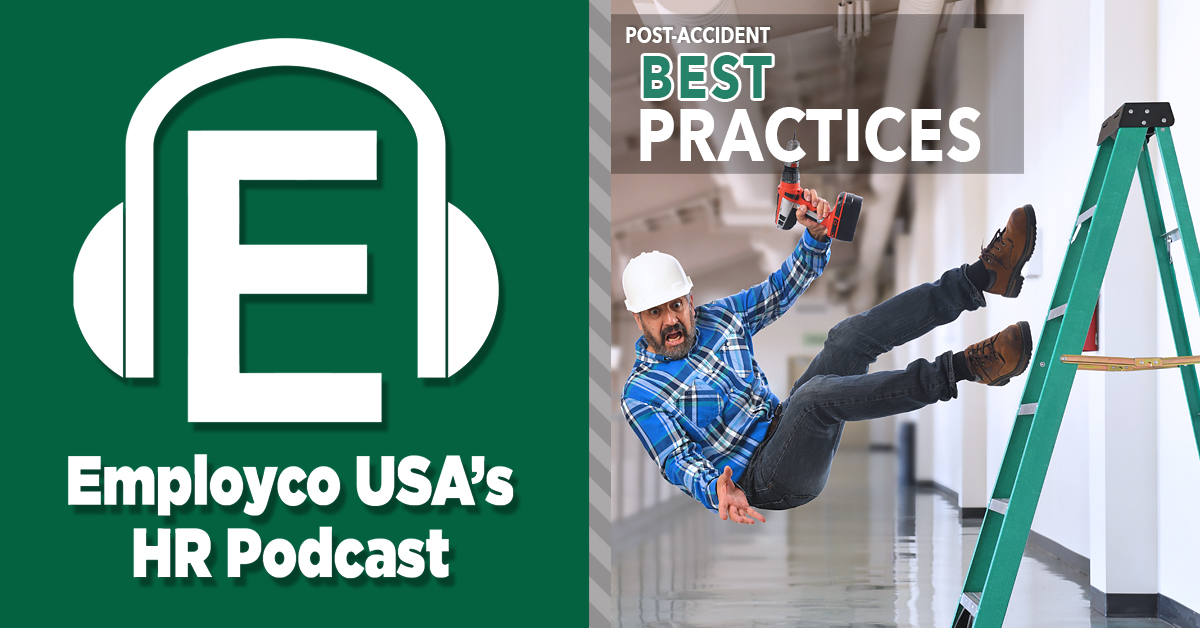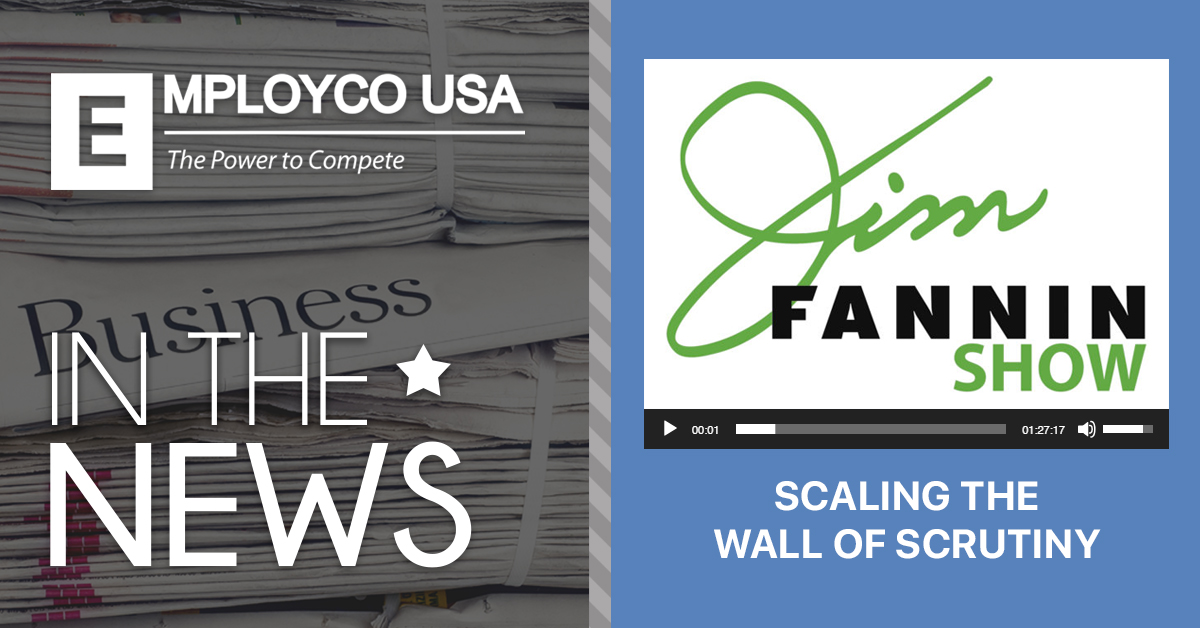H.R. expert talks the do’s and don’ts of holiday gifts
 A recent survey found that 41% of employees say that the number one holiday gift they want from their boss this year is a holiday bonus. However, 46% say that holiday bonuses are not given at their company, with 13% going on to describe their boss as “stingy” this time of year.
A recent survey found that 41% of employees say that the number one holiday gift they want from their boss this year is a holiday bonus. However, 46% say that holiday bonuses are not given at their company, with 13% going on to describe their boss as “stingy” this time of year.
“It’s a tricky line to walk because you don’t want to seem like Scrooge, but at the same time, giving out bonuses to each employee is not necessarily feasible for many companies,” says Rob Wilson, human resources expect and President of Employco USA, an employment solutions firm that works with clients across the country.
Wilson also says that many employees can struggle with holiday giving as it relates to their own colleagues or managers.
“Not only do many workers feel chagrined if they don’t receive a bonus from the boss, but they also have the added pressure of figuring out what to give their boss or managers, and how much to spend on coworkers,” says the employment trends expert.
To help circumvent these holiday headaches and keep employees focused, Wilson suggests the following do’s and don’ts as it relates to holiday giving:
Set a rule about in-office gifts. When emailing about your office holiday party, Wilson advises employers to include a line asking for employees not to give presents to their managers. “A simple line such as ‘While we appreciate your generosity, please no gifts for us.’ This will help to remove any fears of ‘brown-nosing’ or people getting favorable treatment just because they are able to splurge on a big gift for the boss while others cannot afford to do so.”
Give back to the community. “Rather than deal with the stress of Secret Santa or the distraction of a white elephant game, ask for employees to bring in one unwrapped toy to give to kids in need. Then, you can drop the toys off to a local YMCA, Toys for Tots, or similar charity. Not only will this remove stress about holiday giving in the office, but it will increase holiday spirit and joy in the office.”
Give the best gift of all: time off. “Research has found that employees say ‘time away from the office’ as their favorite thing that employers give them this time of year. If you don’t have the funds for bonuses or a big holiday party, simply giving the team an extra day off or even half-a-day can go a long way in inspiring goodwill. Even turning the week of Christmas into a ‘casual dress’ week can help employees to feel relaxed and appreciated by the boss.”
For more on this topic, please contact Rob Wilson at rwilson@thewilsoncompanies.com.
 The polar vortex is freezing more than just Lake Michigan…experts say that we should expect the cold weather to freeze our profits as well.
The polar vortex is freezing more than just Lake Michigan…experts say that we should expect the cold weather to freeze our profits as well. Research shows that there has been
Research shows that there has been 
 Ageism continues to be a growing concern in the workplace, with
Ageism continues to be a growing concern in the workplace, with  President Trump has made global headlines with his most-recent tweets which pledge to build a border wall at Mexico’s expense. Meanwhile immigration crackdowns at places of business will no doubt continue to increase during 2019.
President Trump has made global headlines with his most-recent tweets which pledge to build a border wall at Mexico’s expense. Meanwhile immigration crackdowns at places of business will no doubt continue to increase during 2019.

 On average, more than 99 people are injured at work each day. But the good news is that American workplaces are getting safer in recent years, with annual workplace deaths falling from 14,000 to 5,000 in the last 40 years.
On average, more than 99 people are injured at work each day. But the good news is that American workplaces are getting safer in recent years, with annual workplace deaths falling from 14,000 to 5,000 in the last 40 years.

 A
A